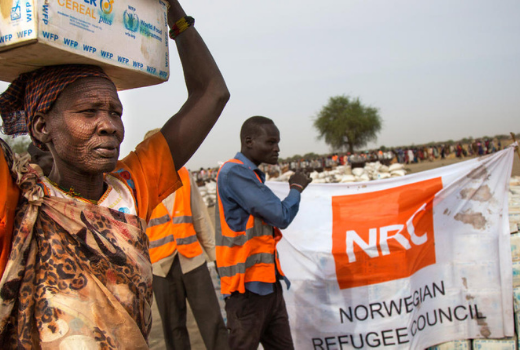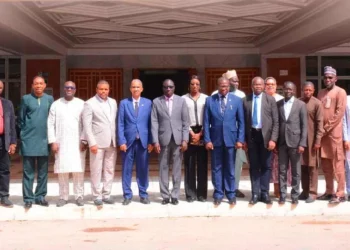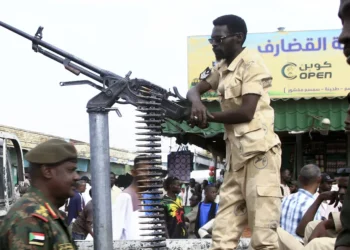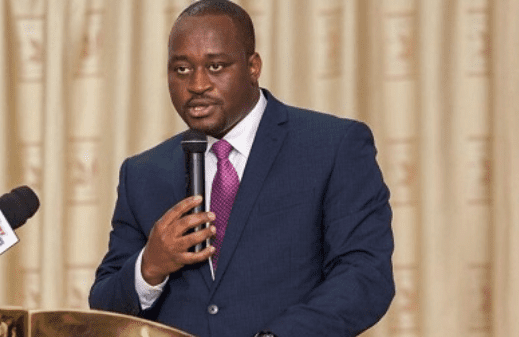A new assessment by the Norwegian Refugee Council (NRC) estimates that a staggering 148,600 displaced children in Mali – more than half of the total number of displaced children in the country – do not have state-issued birth certificates proving their legal identity.
This situation deprives them of their most basic rights as citizens and puts them at risk of being marginalized.
The Norwegian Refugee Council indicated that while the Malian government invests in the restoration of public services and institutions, the lack of birth certificates has a profound and long-lasting impact on the lives and futures of displaced children.
According to the NRC, without birth certificates, children are barred from officially enrolling in formal schools, taking exams and obtaining educational certificates. The lack of school and birth certificates combined will also deny children a fair chance at formal employment in the future.

“Thousands of children are being benched from society when they should be on the bench at school. Ensuring the children hardest hit by the conflict can obtain their birth certificate is essential to enable them to overcome the violence, displacement, and hunger they have faced since the conflict started.”
Maclean Natugasha, Country Director for the Norwegian Refugee Council in Mali
These displaced children have either lost their birth certificates as they fled from home or simply never had one, due to the limited functioning of civil status services in certain areas of the country.
To retrieve or obtain their documents, families must follow a complex legal process, which can take up to several months. As the cost of the process is not defined in the constitution, it often leads to prohibitive prices for children and parents already facing extreme poverty.
Risk of curtailed freedom of movement
Unless this issue is addressed before these children reach adulthood, they risk being denied freedom of movement. They will not have the right to vote, nor will they be able to own or rent a property. The NRC explained that this undermines any durable solution to their situation of displacement, despite the country’s commitment to do so by signing the Kampala Convention.
“Access to civil documentation is a right for all Malian citizens under international human rights laws and the Malian Civil Status Strategy adopted in 2018. The current legal framework should accommodate the extremely precarious situation of displaced children by making the procedure for obtaining birth certificates flexible and free of charge. Otherwise, the futures of thousands of children will be compromised.”
Natugasha
Seven years after the armed conflict broke out in northern Mali, and despite some progress after the signature of the Peace Agreement in 2015, insecurity has spread from the north to the center of the country, as well as in border areas with Niger and Burkina Faso.
The crisis in Mali is complex and protracted and has profoundly disrupted the lives of millions of children and degraded the resilience of communities in Mali that were already under severe stress because of chronic poverty and recurrent natural disasters. Children are paying the highest price of the violence in Mali. Data from the United Nations pointed to a sharp increase in grave violations against children, particularly in the killing and maiming of children, as well as recruitment and use.
More than 147,000 people are currently internally displaced in Mali, and the majority of these are children. The increase in grave violations has led to a spike in protection needs with the UNICEF estimating that more than 377,000 vulnerable girls and boys currently require protection assistance.
READ ALSO: Red Ribbon Month: We Will Intensify HIV Testing Services- Dr Poku





















